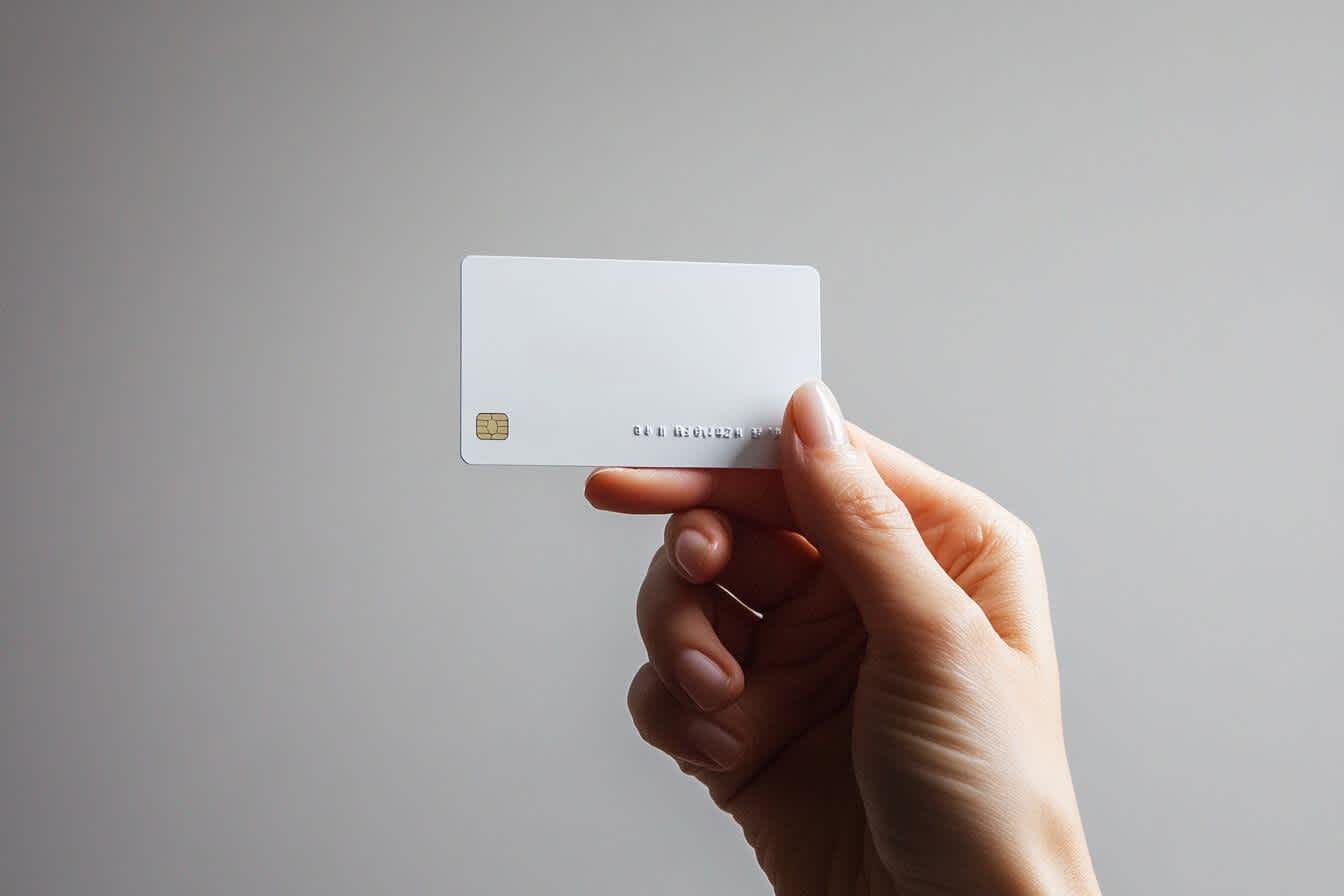Branding strategy: White Label vs. Private Label
Reading Time: 5 min.

White label vs. private label: Which model is right for your company?
When it comes to launching products on the market under your own brand, you have two exciting options: white label and private label. Both models offer many advantages and some challenges, but which one best suits your vision and business model? This article will give you the knowledge you need to make an informed decision.
What is white label?
Imagine you have the opportunity to take an already finished product, put your own logo on it and sell it as your own. This is exactly what characterises the white label concept. You use the expertise and production resources of another company, adapt the branding, and voilà - you have a market-ready product that you can sell under your own brand.
Advantages of white labelling:
Cost efficiency: No expensive development phases. You only invest in branding, marketing and sales.
Lightning-fast market launch: As the product already exists, you can launch it quickly and generate sales.
Low risk: With minimal investment, you can test different products and find out what appeals to your customers.
Disadvantages of white labelling:
Little differentiation: As the same product can also be offered by other companies under a private label, it is more difficult to develop a unique selling proposition (USP) and stand out from the competition.
Limited control: Product development is not in your hands, which often limits customisation and testing.
What is private labelling?
Unlike a white label, where you take on a prefabricated product, a private label emphasises exclusivity. You work with a manufacturer to develop a product that is specially made for your brand. This means full control over design, quality and brand identity.
Advantages of private labelling:
Brand strength and exclusivity: Your product is unique and only available under your brand. This makes it easier to stand out from the competition and communicate a unique selling point.
Flexibility and control: You decide what your product looks like, what functions it has and how it is marketed.
Higher sales potential: Private labelling products make it easier for you to establish yourself as a market leader in your niche and achieve higher margins.
Disadvantages of private labelling:
Higher costs and investments: The development of a new product will usually be expensive and it will take longer before it is ready for the market.
Greater risk: As you invest in development and production, you bear the full risk as to whether the product is successful on the market.
Examples of white label and private label products
White label example: electronics
Many technology companies rely on white label solutions for their electronics brands. Generic products are produced for smartphones, for example, which are then offered under different brands.
Private label example: fashion brands
Companies in the fashion industry, such as About You or Zara, use private labels to develop exclusive collections that are precisely tailored to their target group. This not only strengthens the brand identity, but also makes it possible to quickly translate trends into their own products.
White label example: financial services
In the financial sector, banks often use white label products, such as credit cards. These are developed by specialised financial service providers and offered by the banks under their own name.

Conclusion: What's the right choice for you?
The decision between white label and private label depends heavily on the company's goals, resources and long-term vision. White label offers a quick and cost-effective way to bring new products to market - ideal for start-ups or small businesses looking to scale quickly. Private label, on the other hand, is perfect for companies that value branding and exclusivity and are willing to invest in the development of unique products.
Both models offer great opportunities, but the key to success lies in finding the right balance between cost efficiency, branding and product trends. With a well thought-out strategy, you can successfully establish your brand and bring your products to the fore.
Whether you want to sell a white label jacket or develop an entire line of private label products, we can help you with all your questions about the various production options.
Simply send us a no-obligation enquiry using our contact form. Level up with Line Up!
Newsletter Registration
Sign up now for our free Line Up newsletter and stay up to date.





